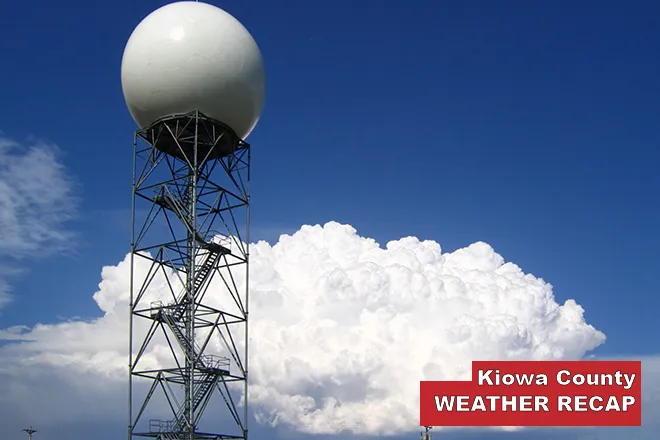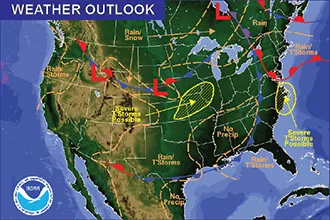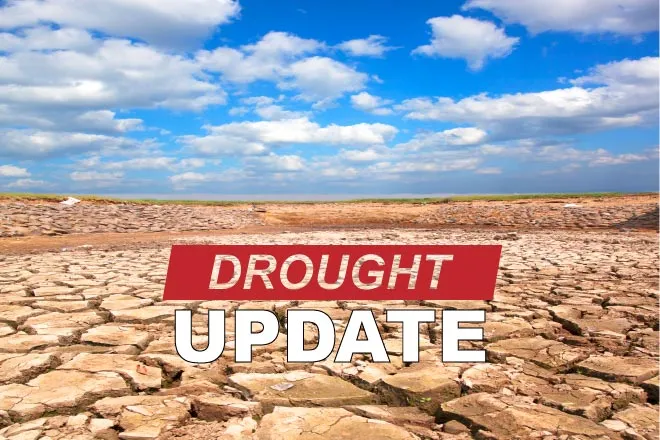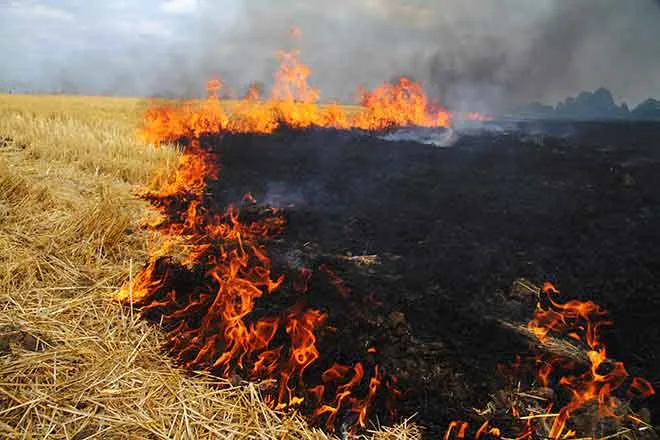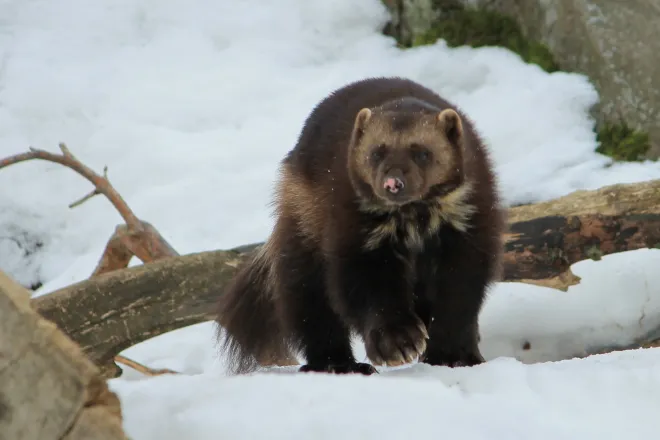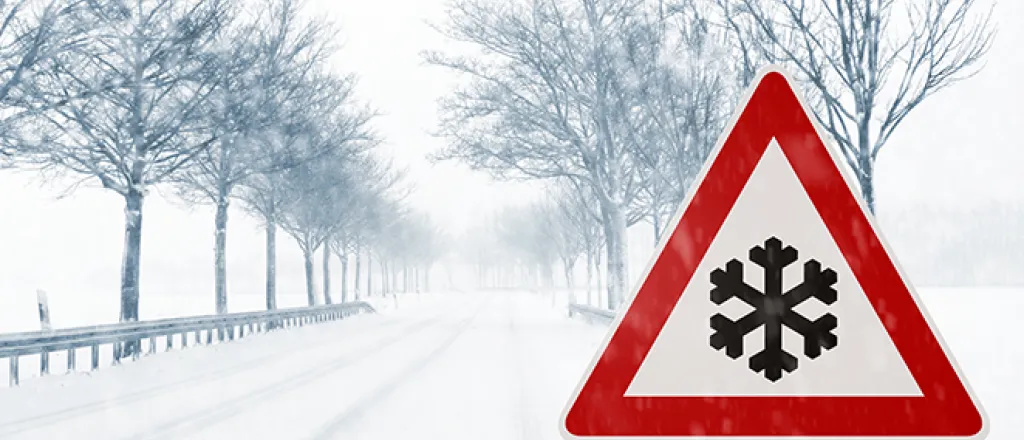
Traveling in the Winter across Colorado
Before winter weather arrives in earnest, it is highly recommended that you prepare your vehicle for winter travel.
A well-equipped vehicle has adequate tires, tire chains, tow rope, sand or cat litter for traction, shovel, tool kit, windshield scraper and brush, battery cables, first aid kit, flashlight, extra batteries, blankets or sleeping bags, extra clothing, candles, water‑proof matches, jug of water, high calorie packaged food for quick energy, and an empty can to melt snow for drinking.
The best way to prevent treacherous winter travel is to avoid it. This can be done by staying informed about the current weather and road conditions as well as the latest weather forecasts. Information on road conditions in Colorado is available on the web at
or from the toll free number 1-877-315-7623.
When calling from anywhere in Colorado, dialing 511 will also access the Colorado road reports. Additionally, a free smartphone application, CDOT Mobile, is available. Road conditions for neighboring states can be obtained on a link from
If you should become stranded during a winter storm, stay with your vehicle and do not panic. If accompanied by others, take turns sleeping. Run the motor every hour for about ten minutes to maintain warmth, but keep windows open a little to prevent the buildup of carbon monoxide. Make sure the exhaust pipe is not blocked. Keep the car visible with brightly colored cloths tied to the side view mirrors, door handles, or external antenna. At night, turn on the dome light when running the engine. Exercise periodically by vigorously moving arms, legs, toes and fingers.
In the mountains, avalanches become a possibility in the winter, especially below steep slopes. Avalanches occasionally come down across roads, with little or no warning. However, avalanche control work is performed on many avalanche prone roads in Colorado, making the roads safer to travel. Caution is advised when traveling along avalanche prone roads, especially during and shortly after a heavy snowstorm or during periods of rapid snowmelt.
Very strong downslope winds occur at times mainly along the front range of Colorado. These Chinook and Bora winds can have gusts exceeding 100 mph. Persons traveling in light weight or high profile vehicles should avoid travel during these strong wind events especially on north‑south oriented roads.
Roads which appear to be clear in the wintertime may actually be coated with a thin layer of ice, commonly known as black ice. This nearly invisible ice layer can cause you to rapidly lose control of your vehicle. Black ice is most common during the nighttime hours. If you detect black ice you should reduce your speed.
Weather information updated throughout the day can be found at http://KiowaCountyPress.net/weather.


